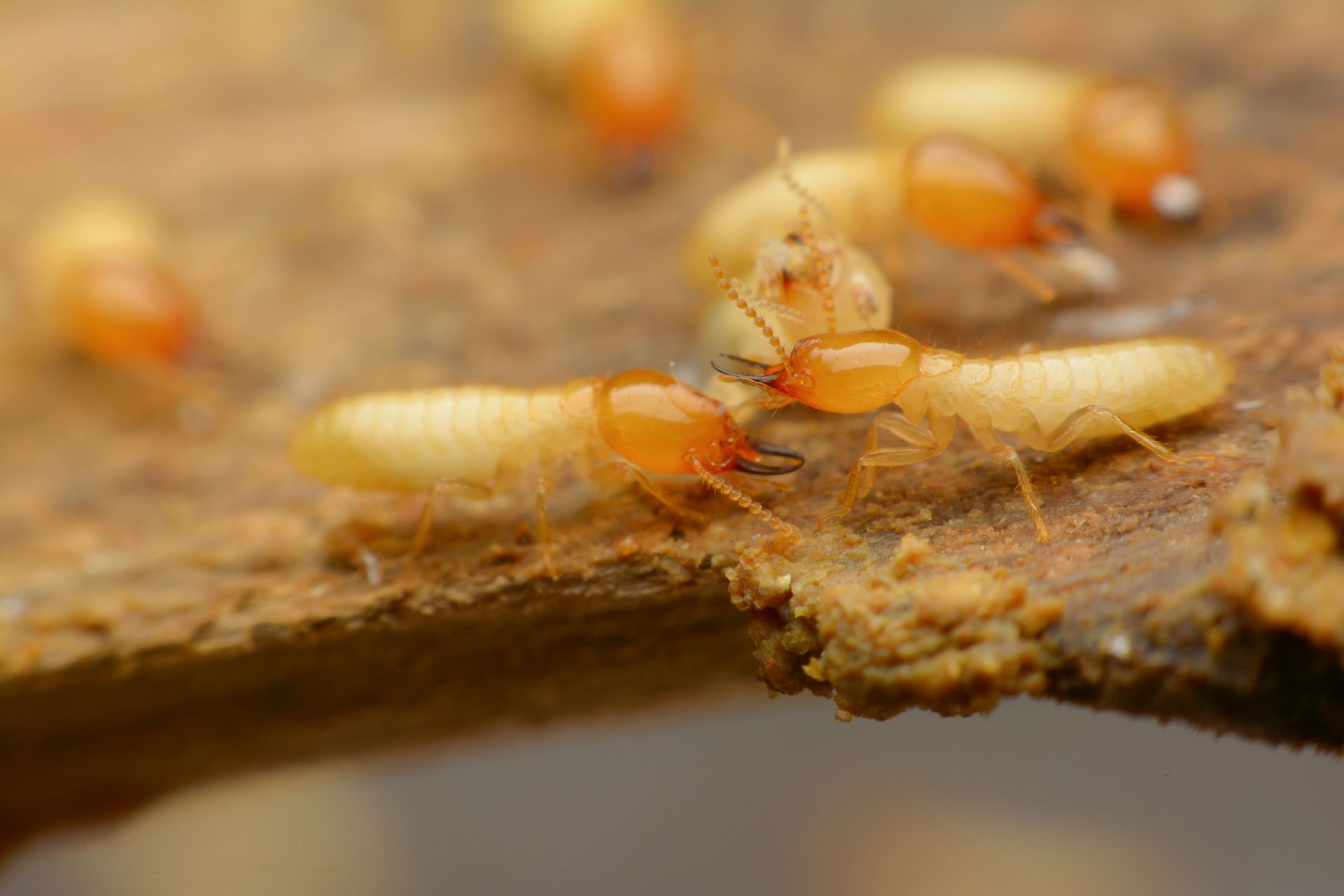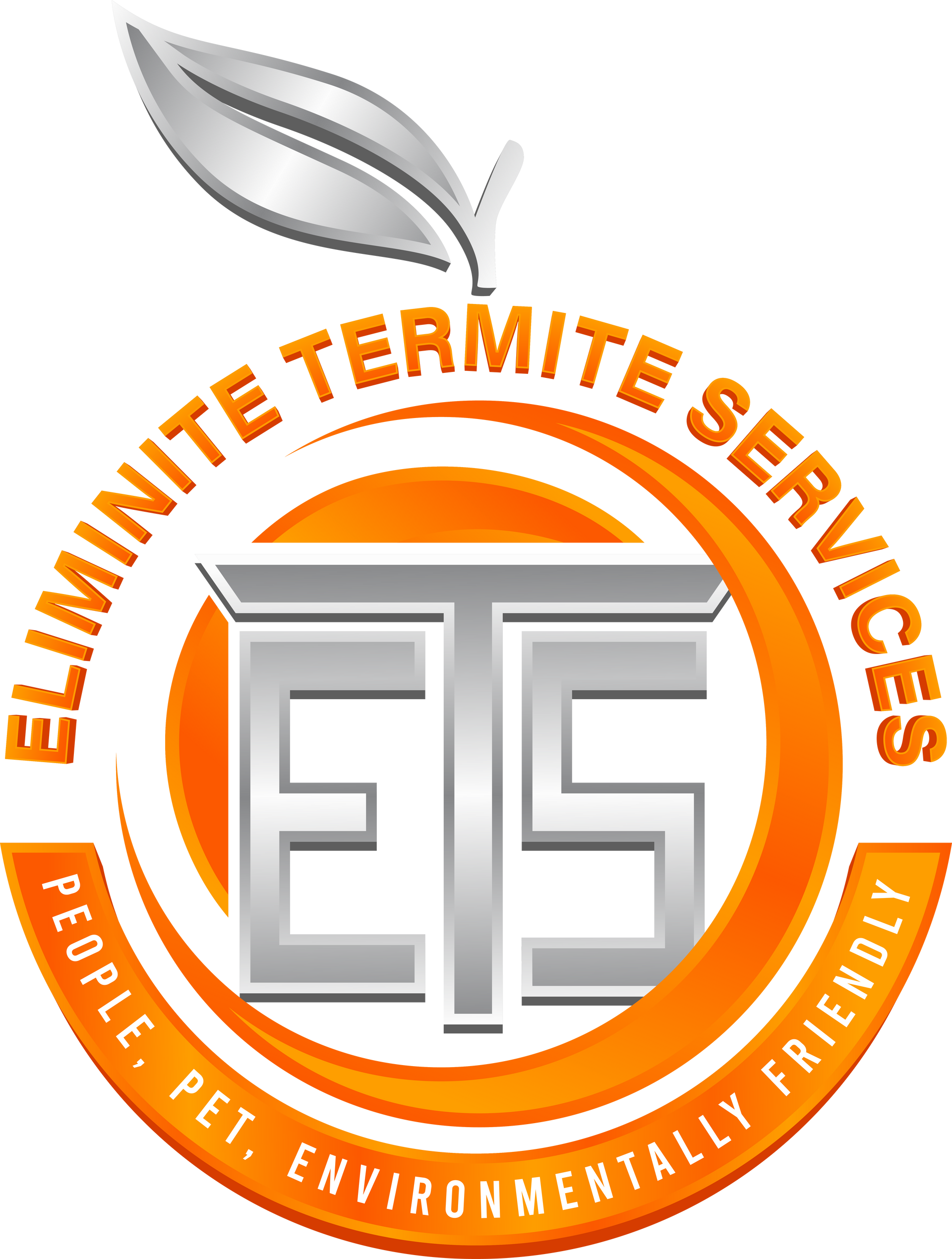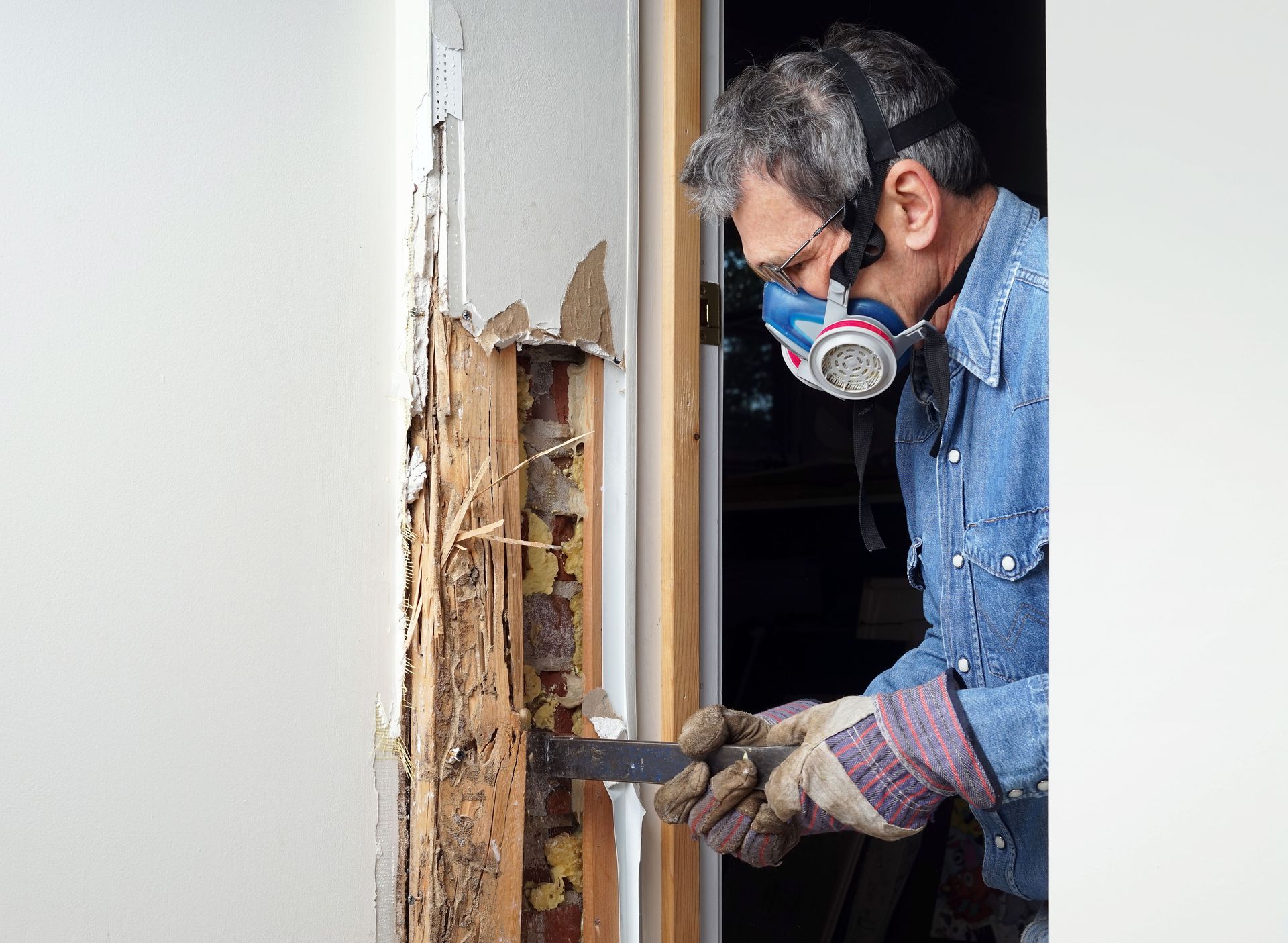September 17, 2025
Termite infestations pose a significant threat to homes, businesses, and agricultural properties across the United States. These pests can quietly undermine the structural integrity of buildings and cause extensive financial losses before most property owners even realize there is a problem. While chemical pesticides have long been the go-to solution, they raise growing concerns about environmental and health risks. In recent years, D-Liminite Orange Oil has emerged as a natural alternative, offering eco-friendly termite control with fewer drawbacks. By combining this promising solution with traditional and preventive treatments, property owners can take a smarter, more comprehensive approach to protecting their investments.
Understanding Termite Behavior and Damage
To develop an effective termite control strategy, it is essential to first understand termite behavior. Termites feed on cellulose, a material found in wood and other plant-based products. Because they consume structures from the inside out, infestations often go undetected until significant damage has already occurred. Subterranean termites, the most destructive species, build large underground colonies and use mud tubes to reach food sources. Drywood termites, on the other hand, establish colonies directly inside wood without needing soil contact.
The financial consequences of termite damage are staggering. According to Orkin, termites cause damage to both residential structures and agricultural crops, with total damage estimated at $30 billion annually. This figure highlights the importance of early detection and effective treatment options for property owners nationwide.
Understanding the habits of different termite species also helps shape better treatment plans. For instance, subterranean termites are more active in moist environments, while drywood termites thrive in drier areas. By tailoring termite control measures to each species’ behavior, property owners can address infestations more effectively and prevent recurring problems.
Recognizing Signs of Termite Infestation
Early detection plays a crucial role in preventing extensive termite damage. One of the most common indicators of a subterranean termite infestation is the appearance of mud tubes along foundations or walls. These tubes serve as protective pathways, allowing termites to travel between their colonies and food sources while staying moist and hidden from predators.
Other signs include discarded wings near windows or doors, suggesting a termite swarm has recently occurred. Wood that sounds hollow when tapped, visible blistering on surfaces, and the presence of frass—tiny wood-colored droppings left by drywood termites—are additional red flags. Property owners who notice any of these symptoms should schedule an inspection immediately, as timely intervention can save thousands in repair costs and prevent structural compromises.
Regular inspections by pest control professionals are also essential. These experts use specialized tools to detect hidden infestations behind walls, under floors, and in crawl spaces. With early identification, treatments such as D-Liminite Orange Oil can be applied promptly, stopping damage before it spreads further.
Exploring the Role of D-Liminite Orange Oil
D-Liminite Orange Oil has gained popularity as a natural termite treatment derived from citrus peels. Known for its pleasant citrus scent and low toxicity to humans and pets, D-Liminite offers an environmentally responsible alternative to harsh chemical pesticides. When applied directly to infested wood, the compound destroys termites on contact by breaking down their exoskeletons and causing them to lose vital moisture.
Because D-Liminite Orange Oil works on contact, it is particularly effective for spot treatments where infestations are visible and accessible. This makes it an ideal solution for homeowners concerned about chemical exposure, children, or pets. It also offers a biodegradable, eco-friendly way to reduce termite populations without introducing long-lasting toxins into the environment.
However, because its reach is limited, using it alone may not provide complete eradication. This is why combining D-Liminite with other termite treatments creates a more thorough and reliable defense against infestations.
Combining D-Liminite with Traditional Treatments
The smartest approach to termite control involves combining natural and traditional methods for maximum effectiveness. For instance, soil-applied termiticides remain one of the most reliable defenses against subterranean termites. When used alongside D-Liminite Orange Oil for spot treatments, property owners can address both visible infestations and hidden colonies in the soil.
Baiting systems, another widely used method, attract termites with cellulose laced with slow-acting insecticides. By strategically placing these baits around a property and supplementing them with D-Liminite treatments in known infestation areas, pest control professionals can disrupt entire colonies while reducing reliance on harsh chemicals. This integrated approach protects both the structure and the surrounding environment.
For large-scale infestations, professionals may also combine fumigation or heat treatments with targeted applications of D-Liminite Orange Oil to ensure all stages of the termite life cycle are addressed. By layering methods, property owners gain long-term protection rather than temporary relief.
Leveraging Preventive Measures with D-Liminite
Beyond direct treatments, property owners can integrate D-Liminite Orange Oil into preventive strategies. Applying the oil to vulnerable wooden structures, such as decks, fences, or crawl spaces, creates a protective barrier that discourages termites from establishing new colonies. Because D-Liminite has minimal environmental impact, it can be safely reapplied as part of regular maintenance without contaminating soil or groundwater.
Preventive measures also include reducing conditions that attract termites in the first place. Fixing leaky pipes, improving drainage, and storing firewood away from buildings all help make properties less appealing to termites. When paired with routine D-Liminite treatments, these steps create multiple layers of protection.
Some property owners also schedule annual inspections during the spring and summer, when termite activity peaks. This ensures preventive applications are made before colonies grow or spread.
Adapting Termite Control to Seasonal Patterns
Termite activity often fluctuates with seasonal changes, peaking during warmer months when swarming and colony expansion occur. By timing D-Liminite Orange Oil applications around these seasonal patterns, property owners can maximize treatment effectiveness. For example, applying treatments just before swarming season helps prevent reproductive termites from establishing new colonies.
Even in colder months, ongoing monitoring and preventive applications maintain year-round protection. Termites remain active in many regions despite lower temperatures, especially in heated buildings or areas with mild winters. Scheduling seasonal inspections and treatments ensures properties stay protected regardless of environmental changes.
This seasonal strategy also allows professionals to combine preventive applications with targeted chemical or baiting methods, ensuring complete coverage during times when termites pose the highest risk.
Protecting the Environment Through Smarter Control
One of the strongest arguments for incorporating D-Liminite Orange Oil into termite control programs is its environmental safety. Unlike many synthetic pesticides, D-Liminite does not persist in the environment or harm beneficial organisms when used properly. Its natural origin from citrus peels makes it biodegradable, reducing concerns about chemical runoff or groundwater contamination.
By minimizing reliance on harsh pesticides and adopting integrated pest management strategies, property owners can protect not only their investments but also surrounding ecosystems. Combining D-Liminite with other treatments supports long-term sustainability while maintaining effective termite control.
Partnering with Professionals for Comprehensive Solutions
While D-Liminite Orange Oil provides an accessible option for property owners, professional expertise ensures treatments are applied effectively and safely. Pest control specialists can identify infestation severity, recommend tailored solutions, and integrate multiple treatment methods for maximum impact.
Professionals also have access to advanced detection tools, such as moisture meters and infrared cameras, allowing them to locate hidden colonies that DIY treatments might miss. By partnering with experts, property owners gain peace of mind knowing their termite problems are addressed with precision and care.
Termite infestations require a balanced, strategic approach that combines effective treatments with environmental responsibility. D-Liminite Orange Oil offers a promising natural solution when integrated with traditional methods, preventive measures, and professional expertise. By understanding termite behavior, recognizing early warning signs, and timing treatments effectively, property owners can protect their homes and businesses from costly damage while reducing their environmental footprint. For comprehensive termite control tailored to your property’s needs, contact Eliminite Termite Services today.










